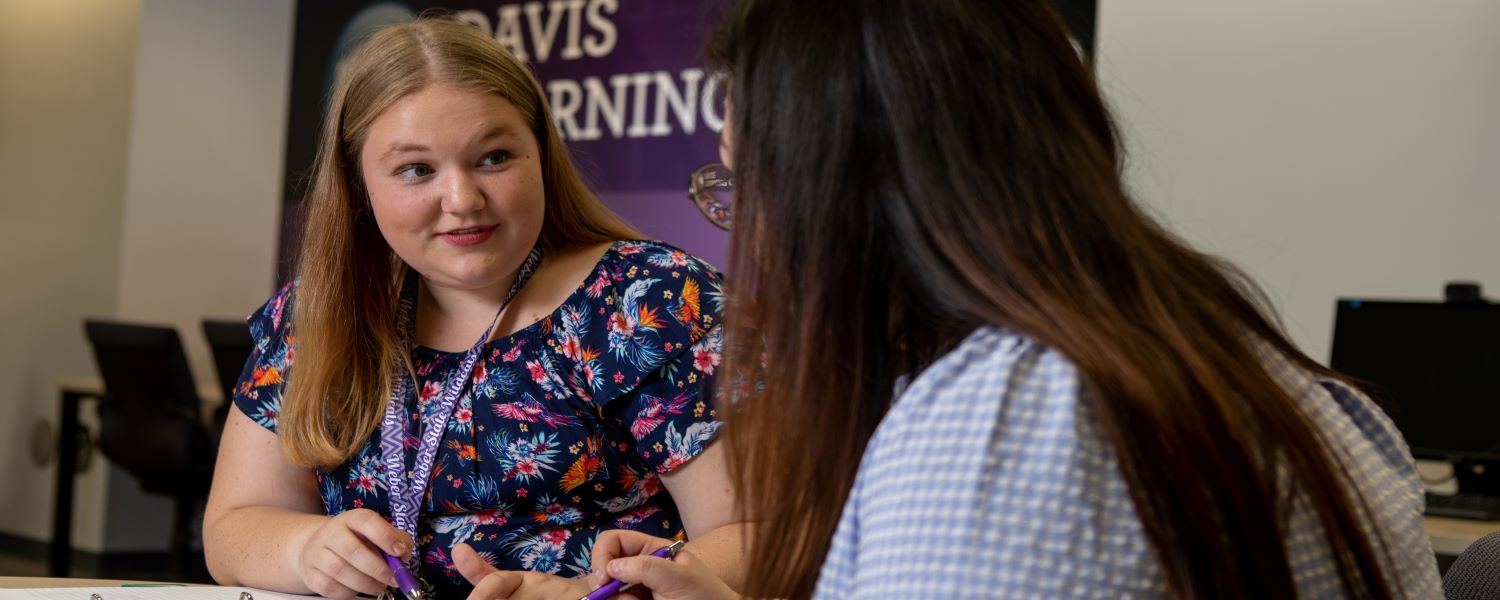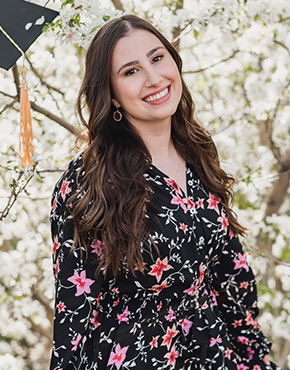Behind the Scenes into an Academic Coaching Appointment

Getting Acquainted; Student Voices Concerns
Natasha, a 29-year-old first-year student, recently walked into the learning center seeking academic coaching. She desperately needed guidance to undertake her first year of school. She had just registered for 15 credits and was incredibly overwhelmed with her schedule and her seemingly impossible workload.
At the time, Natasha was keeping a digital planner to keep track of work appointments, class time, and other activities. She needed help scheduling all the due dates, syllabuses, and class times. She expressed that keeping a digital planner was becoming overwhelming, and now with the professors adding assignment due dates she was worried that there would be no time to fit in study sessions.
What is Academic Peer Coaching?
An Academic Peer Coaching session is a one-on-one, student-led appointment designed to address student concerns with time management, organization, studying difficulties, and other academic challenges. An academic coach will get acquainted with the student, ask specific questions to better understand the student’s concerns, make observations, and ultimately assist the student in creating an action plan he/she can implement for a certain period of time. The student may opt to schedule follow-up appointments, as needed, to adjust the plan or to tackle other areas of concern.
Coach Asks Questions
To begin, the academic peer coach asked a variety of questions to guide Natasha into finding a solution that works for her. Here are some questions that the Academic Peer Coach asked to determine if Natasha’s planner is effective for her:
• Do you like using a digital planner?
• Have you ever used a physical planner, either at your desk or one you can take anywhere you go?
• Do you have any “to do” lists? If so, how often are they completed or updated?
Coach Makes Observations
After some discussion, Natasha and her coach concluded that Natasha was effective at scheduling and managing work appointments, personal commitments as well as her class times and locations on her Google calendar. Since Natasha’s Google calendar was effective, they concluded to leave that calendar as it was. They decided that the work and study schedule needed to be managed on separate platforms. Her coach also noticed that Natasha needed an effortless way to notate all due dates and a way to plan all upcoming study sessions.
Action Plan
At coaching sessions, the student makes an action plan to implement techniques that were discussed during the appointment.
Here is a breakdown of the action plan that Natasha will be implementing.
• First, she will update her schedule, work appointments, class times, and study sessions on Sunday and it will be kept on her digital Google calendar.
• Secondly, she will use a monthly desk planner to track all assignment due dates. This calendar will be updated on Sundays and after every study session.
• Lastly, she will keep a study session journal. Before beginning a study session, Natasha will review all assignments due soon and plan her study session with those due dates in mind.
The journal will break down how her one or two-hour study sessions will be used. The coach recommended that she split one hour of studying into 30 minutes of passive learning, 20 minutes of active learning, and 10 minutes of planning. An example of passive learning is reading a textbook or reading through notes. Active learning is going through flashcards, role-playing, and peer teaching. Planning during the last 10 minutes of the session will also be crucial in making sure that this system works.
Natasha agreed to buy a journal and the desk calendar to begin implementing this unique system. When the session was over, Natasha walked away with a do-able action plan and a sense of relief.
Want Your Own Action Plan?
If you struggle with time management or are feeling overwhelmed with your schedule, make an appointment with an academic peer coach to make your own action plan. You can make an appointment and get more information at coaching@weber.edu.
About The Author

Back to Blog
